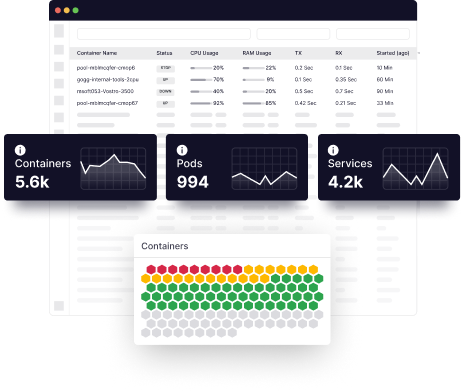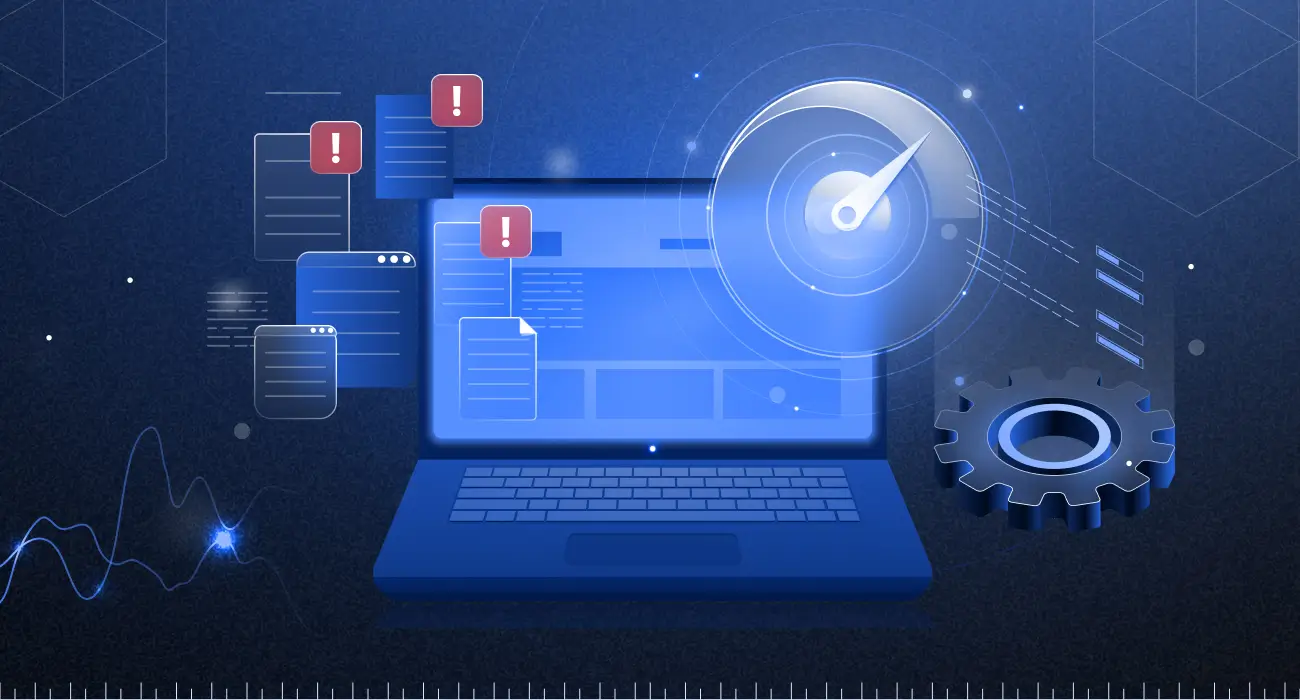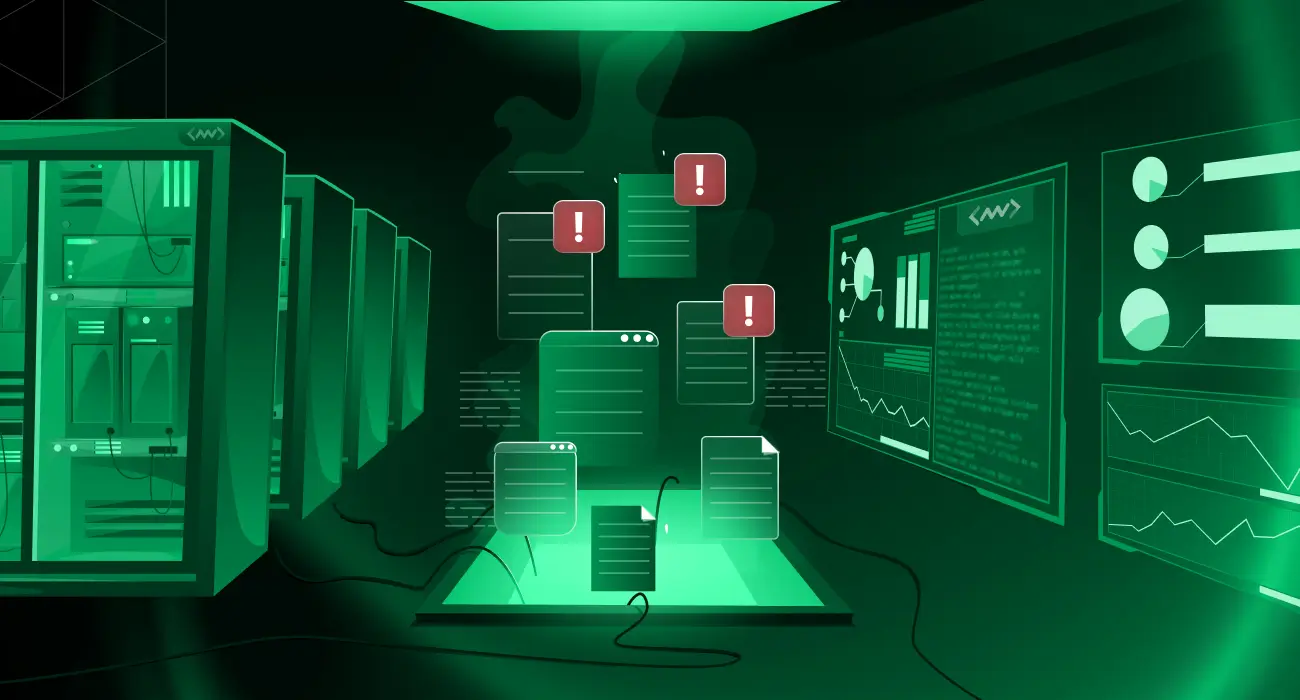We all struggle with productivity at some point.
Developers are at the forefront of this struggle because of the nature of their work. Coding is an extensive process and sometimes demands long hours and meeting unrealistic, tight deadlines that can lead to burnout. Developers are often advised to remove potential distractions and disruptions to make the most of their time. This constant need to perform can be detrimental to their productivity.
What is developer productivity?
Developer productivity is a multidimensional metric that involves improving the programming and development experience while fostering a positive development culture.
Companies set specific development standards to measure performance in a given timeframe. Developer productivity is assessed based on these standards. This metric helps companies identify inefficient workflows, tools, and behavioral attributes impacting productivity in a development space.
Why does developer productivity matter?
Developer productivity is important for various reasons. When developers are productive, they flourish, engage in creative pursuits, and bring in better solutions. High productivity speeds development and helps businesses set and achieve more ambitious goals. Happy and productive teams are vital for business growth.
Here are a few more reasons why developer productivity matters.
Improves business performance
A business is only as good as its developers. Developer productivity is a direct measure of an organization’s software development capabilities and impacts performance. Projects fall behind if productivity is low, leaving development teams prone to early burnout and dissatisfaction.

Start monitoring your application’s infrastructure with just one-click installation.
Delivers high-quality output
Developer productivity significantly impacts software quality. Reduced productivity can leave room for bugs and technical errors that affect a product’s quality.
Reduces burnout
Tedious tasks can tire developers, leaving them vulnerable and careless. Companies can’t afford to be careless when developing high-quality features like performance, privacy, and security that require special attention. Focusing on developer productivity can help businesses avoid burnout.
7 tips to improve developer productivity
Increasing productivity in demanding jobs isn’t as challenging as you might think. Here are a few simple ways to improve your development team’s productivity.
1. Ensure a work-life balance
Employees are often discouraged from prioritizing their well-being for the sake of efficiency and productivity. However, working more hours and sacrificing sleep is counterproductive. Sleep deprivation reduces developer productivity by a staggering 50%!
Besides sleep, developers need to maintain a healthy work-life balance when working remotely. They should feel encouraged to a follow healthy routine and take time to recharge.
Regular exercise and a healthy, balanced diet further contribute to productivity. Exercise doesn’t mean signing up your developers for a gym membership. Sitting at a desk all day can affect their mental and physical health. After an hour or two at your desk, getting up and walking around for a few minutes can make a big difference.
2. Communicate and connect
Connect with your developers and facilitate open communication to get work done quicker. Sharing relevant information keeps everyone informed and makes them feel included.
Some popular communication methods are:
- Kanban boards
- Scrum boards
- Daily standups
- Slack channels
- Team lunches
With a systematic communication flow, developers can learn to document and share tricky steps and new processes.
Essential data can be stored on a cloud-based server for easy access. Even if a developer leaves the company or role, the stored information is still available. This acts as a positive legacy and an effective training tool for new hires.
Similarly, as per the need, implementing 360 feedback approach can you assess your developers work habits and help them identify the gaps they should work on.
3. Match developer strength with projects
Every developer is an expert in different areas. Productivity spikes when they work on tasks that fall within their area of expertise. You can meet project deadlines faster when a developer with the required skills works on the project.
One way is to have your developers fill out skill profiles. This can help you make an informed decision on building an optimal team to complete a project.
4. Automate redundant tasks
Why have your developers do redundant tasks when they can focus on critical challenges? Automate simple and repetitive tasks to maximize your team’s efficiency.
Developers often break down complex problems into simpler tasks to automate. Specialized developer solutions like Middleware and various others support data management, application services, messaging, authentication, and API management.
5. Set realistic deadlines
Deadlines motivate developers to structure a plan and achieve milestones. Tasks are prioritized better based on deadlines. However, tight and unrealistic deadlines can overwhelm the team. Using the S.M.A.R.T. framework to set goals is a very easy way to ensure that you avoid this.
The ideal way is to involve developers when setting deadlines. They can estimate how long a task takes and account for potential issues or priorities.
6. Master your IDE
An integrated development environment (IDE) provides integrated tools in a single GUI. Focus on training your developers on the efficient use of IDE for easy access and understanding. Developers can go haywire when they don’t understand certain functionalities or processes, hampering productivity.
You can use plugins and snippets to complement your IDE and improve productivity. Snippets take care of repetitive codes, while plugins like syntax highlighting help spot syntax errors. A powerful code editor can make a developer’s life easy by automating mundane and repetitive tasks like indentation, refactoring, and autocomplete.
7. Avoid multitasking
Multitasking has its time and place. Software development isn’t one, and multitasking here can be detrimental to productivity.
Developers may need to peer review codes while working on existing projects. Switching and jumping between tasks is distracting and leads to constant backtracking. Finding out where you left is time-consuming and wasteful.
Code with a smile
The key to developer productivity isn’t increasing working hours but boosting developer satisfaction and fostering a favorable working environment. Stress causes burnout and can negatively impact productivity. High performance comes from reduced stress and high motivation.
Happy coding, always!



